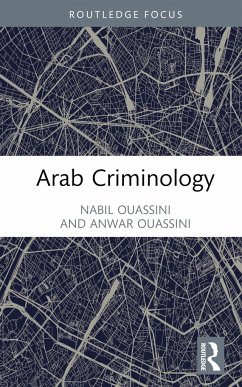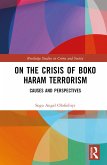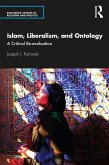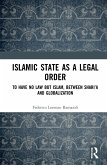The objective of Arab Criminology is to establish a criminological subfield called 'Arab Criminology.'
The ever-evolving field of criminology has advanced in the past decade, yet many impediments remain. Unlike criminology in Africa, Asia, the Americas, Europe, and Oceania, which is based merely on geopolitical constructs, the Arab world has unique commonalities that do not exist in the other established subfields of criminology. The Arab world has largely remained in criminology's periphery despite the region's considerable importance to current international affairs. In response, this book explores two main questions: Why should we and how do we establish a subfield in Arab criminology? The authors examine the state of criminology in the Arab world, define its parameters, and present four components that bond and distinguish Arab criminology from other criminological area studies. They then identify the requirements for establishing Arab criminology and detail how local, regional, and international researchers can collaborate, develop, and expand the subfield. Arab criminology will challenge some of the recurrent Orientalist and Islamophobic tropes in Northern criminology and progress the discipline of criminology to reflect a more diverse focus that embraces regions from the Global South.
Presenting compelling arguments and examples that support the establishment of this subfield, Arab Criminology will be of great interest to scholars of criminology, criminal justice, legal studies, and Middle Eastern/North African studies, particularly those working on Southern criminology, comparative criminology, international criminal justice systems, and Arab studies.
The ever-evolving field of criminology has advanced in the past decade, yet many impediments remain. Unlike criminology in Africa, Asia, the Americas, Europe, and Oceania, which is based merely on geopolitical constructs, the Arab world has unique commonalities that do not exist in the other established subfields of criminology. The Arab world has largely remained in criminology's periphery despite the region's considerable importance to current international affairs. In response, this book explores two main questions: Why should we and how do we establish a subfield in Arab criminology? The authors examine the state of criminology in the Arab world, define its parameters, and present four components that bond and distinguish Arab criminology from other criminological area studies. They then identify the requirements for establishing Arab criminology and detail how local, regional, and international researchers can collaborate, develop, and expand the subfield. Arab criminology will challenge some of the recurrent Orientalist and Islamophobic tropes in Northern criminology and progress the discipline of criminology to reflect a more diverse focus that embraces regions from the Global South.
Presenting compelling arguments and examples that support the establishment of this subfield, Arab Criminology will be of great interest to scholars of criminology, criminal justice, legal studies, and Middle Eastern/North African studies, particularly those working on Southern criminology, comparative criminology, international criminal justice systems, and Arab studies.









